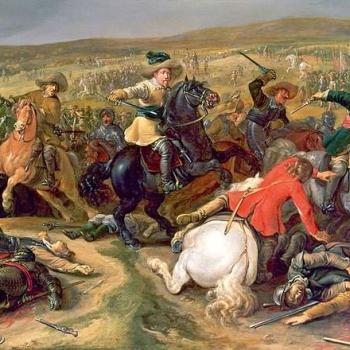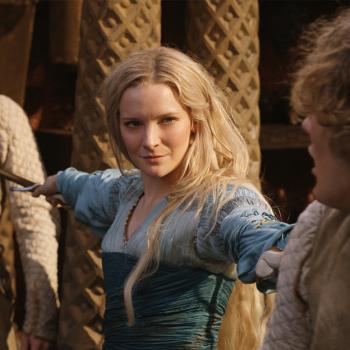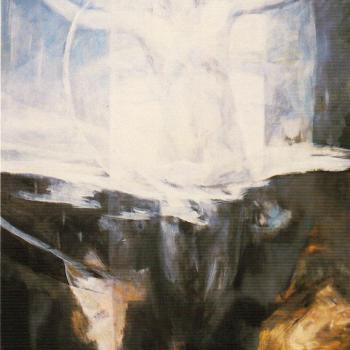Though The Lord of the Rings is the best-selling fantasy story of all time, it found no admirer greater than C. S. Lewis. Lewis sometimes wept as he listened to Tolkien's epic-in-progress being read aloud, and he tried to nominate Tolkien for the Nobel Prize in literature. Though his own fantasies were less ambitious than those of Tolkien, Lewis's Chronicles of Narnia call into being another secondary world, an imaginative embodiment of everything Lewis cherished most — classical mythology, tales with talking animals, childhood memories before his mother's death, all undergirded by Lewis's Christian worldview.
Frazer's monumental Golden Bough is now viewed mainly as a historical artifact, criticized as reductionist or ethnocentric. But his seminal work on dying god myths has undergone its own death and rebirth. Most readers will need reference sources to find out about Balder or Osiris, not to mention Frazer himself. But in characters such as Tolkien's Gandalf and Lewis's Aslan, the dying god lives yet again in imagination. Both authors explicitly denied that they were writing allegory. But both surely realized that they were engaged in mythopoesis, "myth making," finding new stories in which to embody spiritual intuitions that seem to go as far back as humanity itself.




